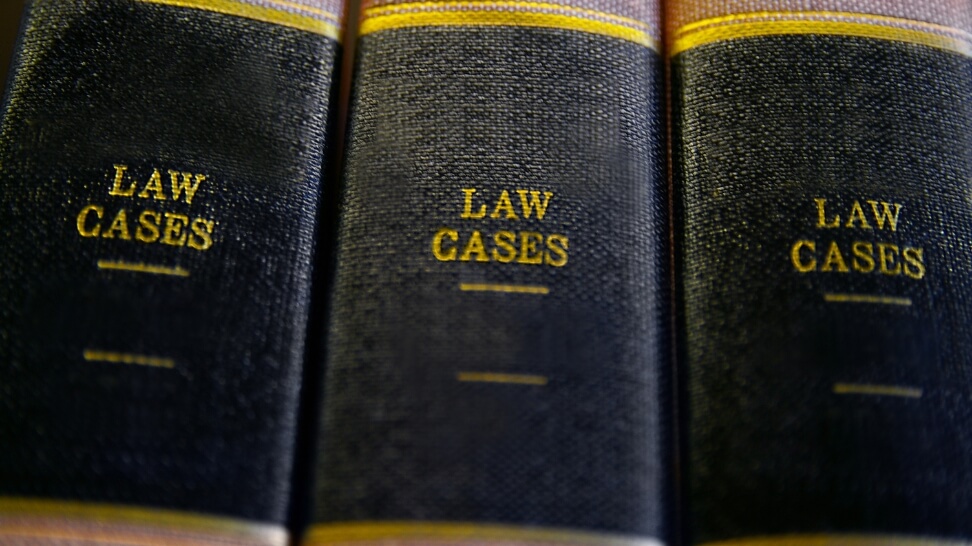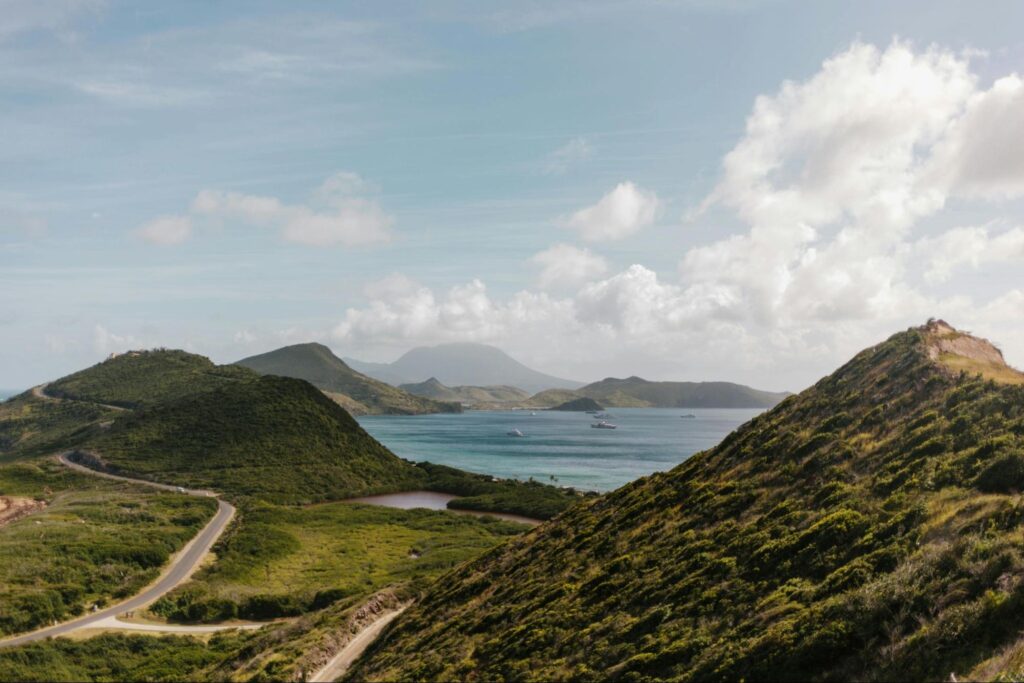Whether you are an international businessperson with global assets or a professional concerned about the potential for malpractice lawsuits, you may be considering offshore trusts. Offshore trusts can offer powerful protection against US-based creditors, lawsuits, and court orders.
Countries worldwide, from Central America to East Asia, offer asset protection trusts (APTs). However, when choosing an offshore trust, not just any nation will do. It’s important to compare jurisdictions carefully to understand which option suits your needs.
This guide covers the similarities and differences between Cook Islands vs. Bermuda trusts to help you make an informed financial decision.
Why Comparing Jurisdictions Is Important
Comparing jurisdictions is crucial to ensure the right fit for your needs, including estate size, liability risk, and budget. You may want to evaluate the following factors when picking an offshore jurisdiction:
- Legal protections: Some countries offer stronger protection against foreign judgments, shorter statutes of limitations, and more established trust case law than others.
- Privacy: Some jurisdictions offer stricter privacy measures than others to protect your assets against creditors and lawsuits. Privacy is a key reason to create an offshore trust, so be sure the jurisdiction you choose achieves your goals.
- Geopolitical stability: Trusts are subject to the laws and politics in the location where they are based, making choosing a stable nation important.
- Confidentiality: Countries vary in how seriously they treat privacy, with some even criminalizing the disclosure of confidential trust information.
- Tax benefits: The more popular offshore trust jurisdictions offer low or no gift, estate, or income taxes on trust assets.
- Cost dynamics: Some jurisdictions require higher initial setup costs and/or maintenance fees than others.
No offshore jurisdiction is perfect for everyone, so it’s important to understand each one’s strengths and weaknesses. For example, do you need nearly impenetrable asset protection, or can you accept slightly less protection for a lower price point?
International Reputation
The first factor when evaluating Cook Islands vs. Bermuda trusts is the international reputation of each.
- Global standing of the Cook Islands: In the world of offshore trusts, perhaps no country stands taller than the Cook Islands. This self-governing island state in the South Pacific has ties to New Zealand — and a reputation as the industry gold standard. Many legal professionals recognize it as the safest jurisdiction for offshore asset protection.
- Global standing of Bermuda: Another attractive offshore jurisdiction, Bermuda has a reputation for financial stability and long-standing legal traditions. The North Atlantic island has the added benefit of being a British overseas territory, which enhances its judicial stability, international transparency, and the comfort level of many offshore investors.
Considering global reputation can help you choose a quality location for your offshore trust. It can also impact the perceived security of assets and confidence in safeguarding your wealth in one location over another.
It may even deter legal action or help you secure a lower settlement if you do face a suit. When claimants know much of your property is locked away in an inaccessible trust, they may settle for a lower amount or decide not to sue you at all.
Cook Islands Advantages
When deciding between Cook Islands vs. Bermuda trusts, consider the following advantages of Cook Islands trusts:
- Strong asset protection laws: The Cook Islands have robust legal structures that shield assets from creditors. They have a short statute of limitations on fraudulent transfer, require claimants to prove intent to defraud and provide bankruptcy protection.
- Non-recognition of foreign judgments: Unlike many other offshore jurisdictions, the Cook Islands have specific legal provisions barring foreign judgments. Anyone wishing to access Cook Islands trust assets must bring a new legal claim locally with local attorneys.
- Long history of asset protection: Having passed the International Trusts Act in 1984, the Cook Islands has four decades of proven experience safeguarding assets.
In short, one of the biggest benefits of Cook Islands trusts is their high degree of protection for those seeking to shield assets from legal claims or judgments.
Bermuda Advantages
When deciding between Cook Islands vs. Bermuda trusts, consider the following advantages of Bermuda trusts:
- Reputation for stability and respect: Bermuda is internationally recognized for its stable economy, esteemed legal system, and sophisticated regulatory environment. The country’s legal framework respects international standards, complies with international agreements, and balances transparency requirements with strong privacy protections.
- Advantages for high-net-worth individuals: Bermuda’s legal, economic, and political stability makes the island especially appealing to wealthy individuals seeking reputable trust jurisdictions. Bermuda has developed a highly refined trust services industry because it caters to international businesses and the ultra-high-net-worth sector.
- Long-standing trust laws: Bermuda trusts are governed by the Trustee Act 1975, modeled on the English Trustee Act 1925. The Trusts Act 1989, several subsequent amendments, and other relevant statutes safeguard the interests of all trust parties. The nation’s well-established legal framework promotes security and confidence in Bermuda trusts.
In short, Bermuda is a respected jurisdiction particularly suited for high-net-worth individuals looking for long-term asset protection and stability.
Cost Differences
Another key factor when choosing between Cook Islands vs. Bermuda trusts is cost. Exact costs depend on the complexity of the structure, the type of assets, and the services you need. Trusts typically require initial setup fees as well as ongoing maintenance costs to administer the assets over time.
Cook Islands trusts offer unparalleled asset protections, with the price tag to prove it. Establishing a Cook Islands trust can cost anywhere from $20,000 to $40,000 in addition to the yearly fee ranging between $5,000 and $10,000. The high costs make them more suitable for large estates.
On the other hand, Bermuda tends to offer more competitive fees than many other leading jurisdictions. Fees may include:
- Legal fees to draft the trust documents
- Registration and filing fees
- Trustee fees
- Asset management fees
- Compliance costs
The exact price depends on the complexity of the trust and the types of assets, but the overall initial cost may be as low as $10,000 for some.
Legal Protection Comparisons
If you’ve read this far, you know that both Cook Islands and Bermuda trusts offer robust legal protection for your assets. However, understanding the nuances of Cook Islands vs. Bermuda trusts can help you select a jurisdiction that provides the ideal environment for your wealth.
- Strength of asset protection laws: When it comes to shielding your assets, the edge goes to Cook Islands trusts. For example, the Cook Islands requires creditors to prove fraudulent transfer beyond a reasonable doubt — the highest burden of proof.
- Foreign court judgment enforcement: Both the Cook Islands and Bermuda have legislation protecting trusts against foreign judgments. The remoteness of the Cook Islands provides an additional layer of asset security since not many claimants want to bring legal action locally in the South Pacific nation.
- Statute of limitations: The shorter the statute of limitations, the less time creditors and other claimants have to attempt to access trust assets. The Cook Islands has a one-year statute of limitations on fraudulent transfer claims (two years after the cause of action). In Bermuda, it is significantly longer: six years.
Taxation Considerations
Having assets in an offshore trust doesn’t relieve you of tax reporting requirements in the US. However, offshore jurisdictions often offer tax benefits for non-residents.
- Cook Islands tax benefits: Cook Islands trusts typically have a tax-neutral structure, which means the local jurisdiction does not impose a second layer of taxes on your assets. The country does not apply income taxes, gift taxes, estate taxes, capital gains taxes, or any local taxes.
- Bermuda tax benefits: Similarly, Bermuda does not impose income, capital gains taxes, or inheritance taxes on trust assets. Bermuda trusts can also potentially reduce estate taxes. These benefits are useful for those looking to minimize tax liabilities.
Tax implications play a significant role in determining a jurisdiction’s long-term viability and attractiveness for trust establishment.
Recent Legal Cases
While strong legislation provides essential protections for offshore trusts, legal cases test these laws and challenge their resilience. Below, we highlight some relevant legal actions relating to trusts:
Cook Islands Trusts
- Russian Federation v. Unknown Litigant: A 2018 judgment sided with Cook Islands trustees. The Russian Federation claimed a litigant made a fraudulent transfer, but the Cook Islands court determined there was insufficient evidence the trustee knew the funds were “tainted.” Therefore, the claimant could not collect.
- Rybolovleva v. Rybolovlev: In 2014, a Swiss court ordered a Russian oligarch to give his ex-wife half of his $8 billion fortune. However, the Geneva Court of Appeals overturned the judgment because his assets were legally secured in a Cook Islands trust.
Bermuda Trusts
- In the Matters Of Fa Trust And Fb Trust: In 2021, the Bermuda Court confirmed its jurisdiction to remove a Bermuda trust protector, holding that the overriding considerations are the welfare of the beneficiaries and the competent execution of the trust.
- In the Matter of the G Trusts: In 2017, the Supreme Court of Bermuda handed down a powerful defense of the right to privacy. Specifically, the court confirmed that hearings regarding restructuring trust applications can be held privately.
Still Need Help Evaluating Cook Islands vs. Bermuda Trusts? Contact Us Today!
The Cook Islands and Bermuda trusts are reliable and respected offshore asset protection vehicles. Both have robust privacy laws, a long history in asset protection, and strong legislation shielding trust assets against foreign judgments.
Thanks to their nearly impenetrable asset protection framework and short statute of limitations, Cook Islands trusts have the edge. Bermuda trusts, however, offer the advantage of the political stability and highly respected legal system of a British territory — at a lower cost.
Blake Harris Law can answer your questions if you need more assistance deciding between Cook Islands vs. Bermuda trusts. Contact us today to help you choose the right jurisdiction for your asset protection needs.





